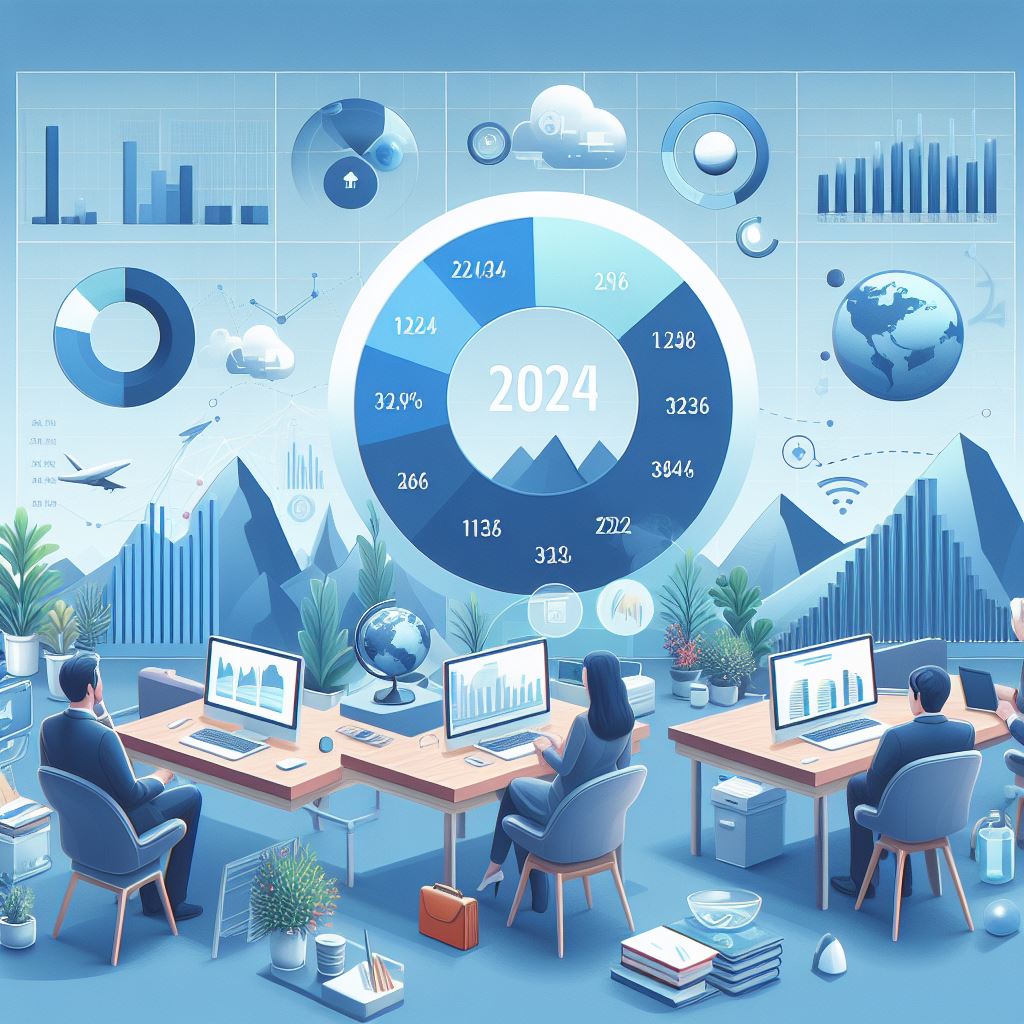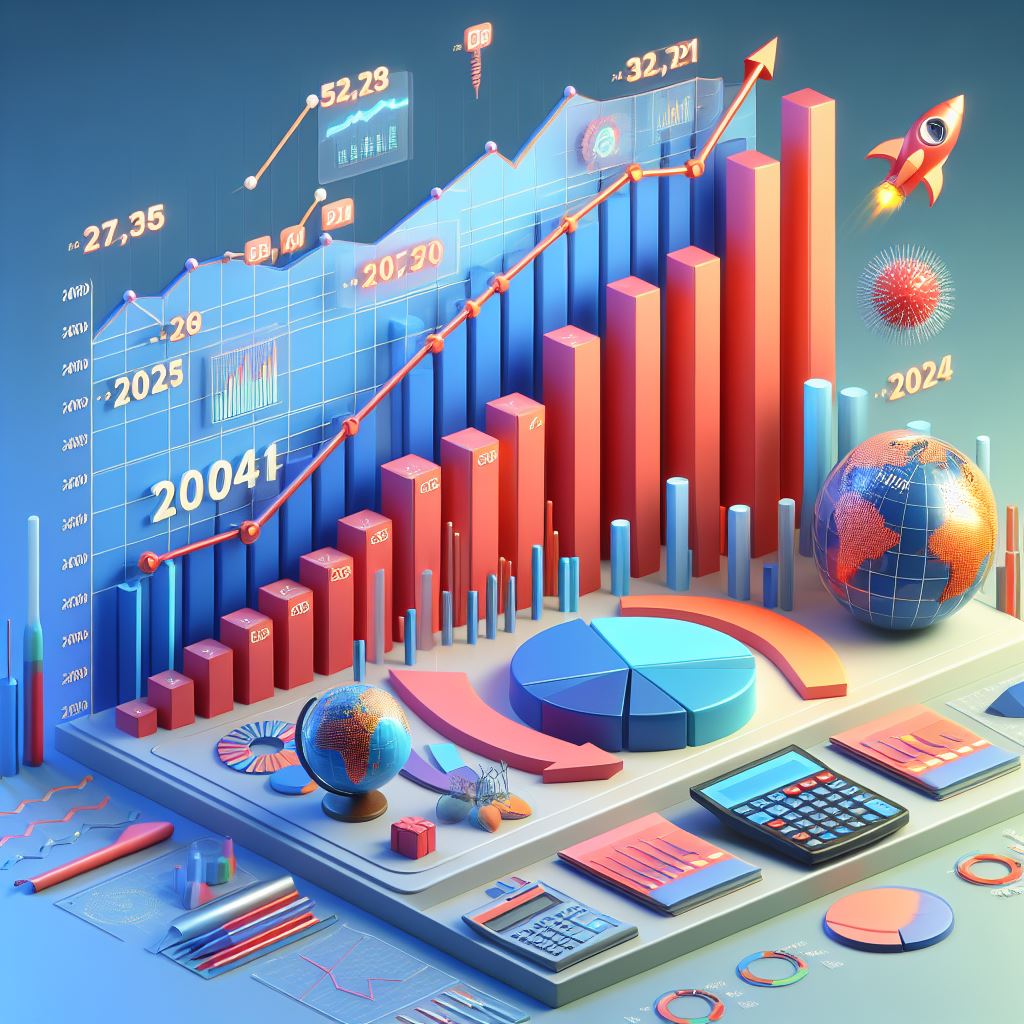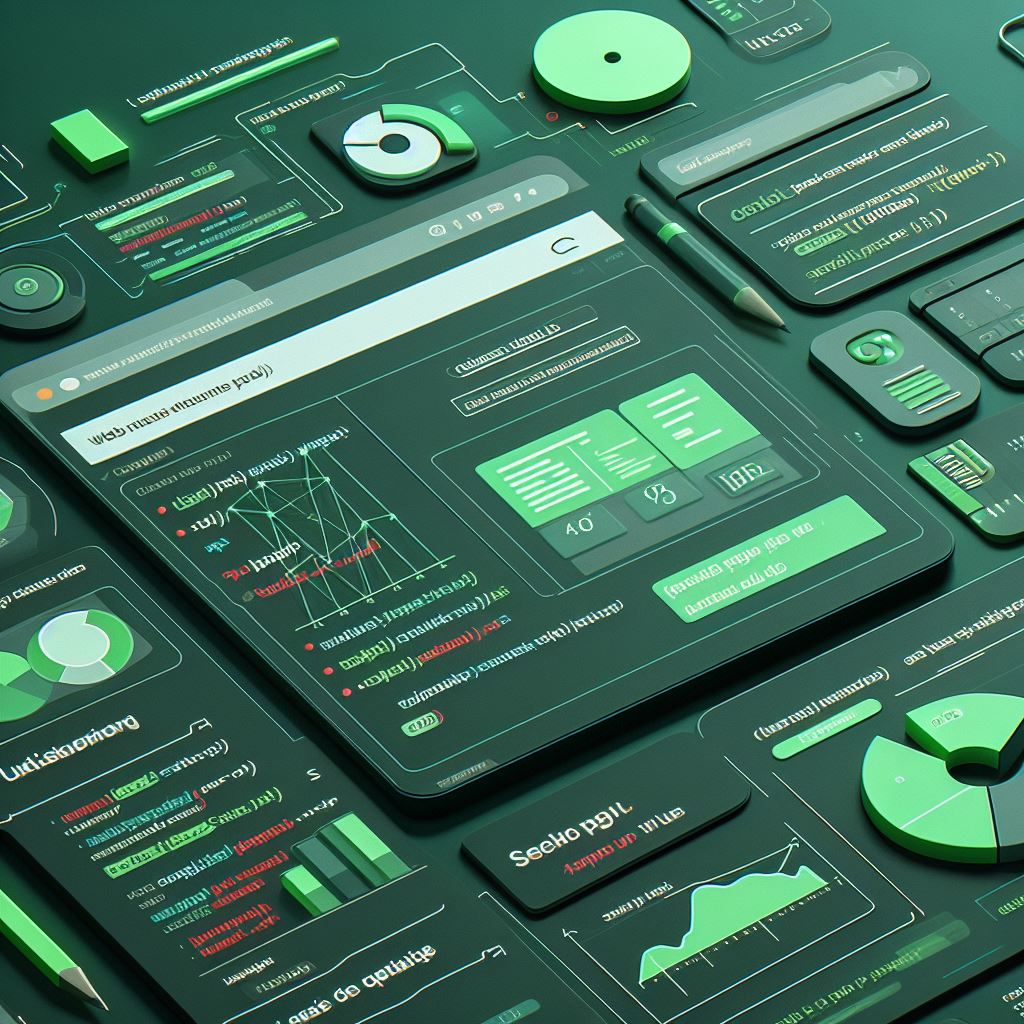Artificial intelligence in SEO raises ethical questions about the fairness and transparency of ranking processes, impacting businesses’ online presence and trust in digital marketing strategies. Search engines like Google constantly evolve, leveraging AI to enhance their algorithms, which can inadvertently privilege certain websites through opaque standards. Businesses need to navigate these ethical complexities to ensure their websites are both competitively optimized and aligned with ethical practices. With many new AI tools reshaping traditional SEO strategies, understanding their implications, including potential bias and content generation issues, becomes crucial for decision-makers and SEO professionals.
Table of Contents
- Impact of AI Tools on SEO Practices
- Role of Automation in AI-Driven SEO
- AI Ethical Concerns in SEO Industry
- What Benefits Do AI Ethics Provide to SEO?
- Uncommon Brands Changing AI SEO Landscape
- How Vertica Innovations Shape AI SEO?
- Legal Implications of AI in SEO
- When Will Legal Guidelines for AI SEO Evolve?
- Data Privacy Concerns in AI-Driven SEO
- Why Is User Consent Critical in AI SEO?
Key Takeaways
- AI transforms SEO while raising ethical concerns about its fairness and impact.
- Automation in AI-driven SEO streamlines tasks, reducing labor while requiring ethical oversight.
- AI-generated content challenges traditional strategies by increasing keyword precision and volume.
- Biased algorithms in AI SEO tools can skew results, demonstrating a need for balanced practices.
- Experts from Matrics Rule provide insights into ethical SEO practices in the AI landscape.
- Ethical guidelines in AI SEO ensure that digital marketing remains fair and transparent.
- By implementing ethical SEO practices, businesses enhance trust through integrity and transparency.
Impact of AI Tools on SEO Practices
AI tools are profoundly changing traditional SEO strategies by introducing new automated systems and content generation techniques. I have observed AI-generated content making a significant impact, with 67% of marketers relying on AI for precise keyword analysis. AI presents challenges for SEO professionals, who must now navigate complex algorithms and maintain content quality. AI-generated content rapidly fills web pages with keywords, altering how they impact SEO results by increasing accuracy but sometimes sacrificing originality. AI tools harm SEO practices when overused, leading to keyword stuffing or triggering penalties from search engines due to low-quality content.
Role of Automation in AI-Driven SEO
Automation in AI-driven SEO provides clear advantages by reducing time and effort spent on repetitive tasks, such as data collection and analysis. AI-driven automation helps in SEO tasks reduction by cutting manual labor by up to 40%, according to a 2022 marketing report. Automation limitations exist as not all SEO processes can benefit from full automation, requiring human oversight and insight for complex tasks. Many SEO activities, including backlink analysis and keyword tracking, can be automated using AI tools, enhancing efficiency while ensuring detailed insights.
AI Ethical Concerns in SEO Industry
AI SEO tools present ethical dilemmas in maintaining a balance between efficiency and fairness, highlighting the need for transparency. These tools lead to biased SEO results when algorithms favor certain datasets over others, unintentionally skewing outcomes. Ethical guidelines for using AI in SEO, such as those from SEO industry bodies, advocate for fairness, transparency, and responsibility in AI tool usage. SEO professionals address ethical concerns by actively seeking fair SEO practices, ensuring ethical AI implementation aligns with industry standards.
What Benefits Do AI Ethics Provide to SEO?
Ethical AI practices enhance trust in AI-driven SEO by ensuring transparency and fairness in digital marketing operations. The positive influence of ethical principles significantly improves AI-powered SEO outcomes by maintaining the balance between optimization and fairness. Ethical AI SEO tools guidelines incorporate these principles for effective and responsible AI usage, supporting sustainable practices. Many ethical practices improve AI SEO outcomes by fostering an environment of integrity in AI, which promotes fairness and user trust.

- These tools improve website ranking fast.
- AI can help spot effective keywords.
- They analyze visitor interactions on pages.
- Algorithms boost search result accuracy.
- Automation reduces manual workload.
- Technology suggests trending topics to cover.
- They help tailor content for target audiences.

Exploring Ethical Concerns of AI-Driven SEO in Detail
| Aspect | AI SEO Practices | Ethical Concern | Comparison | Percent of Experts Concerned | Potential Impact |
|---|---|---|---|---|---|
| Content Generation | Automated Writing | Quality Degradation | AI vs Human | 70% | High |
| Data Privacy | Behavior Tracking | Consent Issues | AI vs Manual | 65% | Moderate |
| Search Manipulation | Keyword Stuffing | False Rankings | AI vs Ethical | 55% | Moderate |
| Bias Amplification | Algorithm Training | Discrimination | AI vs Neutral | 60% | Significant |
| Resource Allocation | Budget Skewing | Access Inequality | AI vs Startups | 50% | Severe |
| Transparency | Black Box Systems | Accountability | AI vs Open Source | 75% | Critical |
Uncommon Brands Changing AI SEO Landscape
Uncommon AI SEO brands are influencing traditional SEO strategies by offering innovative SEO technologies that streamline processes. New AI SEO technologies present challenges like ethical SEO concerns when over-relying on AI for content creation. Using AI-generated content and keywords leads to unexpected ranking shifts, highlighting the need for brands to balance innovative strategies with human insight. Less-known companies like BrightEdge and CanIRank are leading AI in the SEO industry. Brands that use these technologies should consider how automation might harm ethical SEO practices, as it can skew search engine results away from genuine quality towards algorithm-friendly tactics. Even as AI automates more SEO elements, industry leaders strive to maintain genuine engagement with audiences.
How Vertica Innovations Shape AI SEO?
Vertica AI SEO innovations provide advantages by improving process efficiency through automation. In 2023, Vertica tools enable automation of up to 70% of repetitive SEO tasks, reducing labor significantly in activities like keyword research and content optimization. Vertica process improvements have limitations, like when creativity or nuanced understanding is required. It’s estimated that approximately 60% of traditional SEO activities, such as backlink analysis and rank tracking, can now be automated. Advanced Vertica AI SEO innovations continue to refine automation while ensuring that ethical AI changes do not compromise the human element of engaging with real users.
Legal Implications of AI in SEO
Legal challenges in AI SEO usage stem from rapidly changing AI SEO regulations. Compliance with these legal standards became a pressing issue in 2023, affecting how SEO practices are conducted. Legal guidelines governing AI in SEO often vary by location, with jurisdictions like the European Union having stringent AI regulations. Regulatory standards impact AI SEO tool governance by setting limits on data usage and ensuring ethical practices. Navigating these complex legal standards is crucial for maintaining trust and compliance in companies using AI-focused SEO tools. Large platforms like Google require compliance to continue utilizing AI advances ethically.
When Will Legal Guidelines for AI SEO Evolve?
Experts predict changes in AI SEO laws could emerge as early as 2024. Regulatory updates for AI SEO compliance may soon be implemented to address the rapid tech advancements. Predictions suggest a timeline of 18 to 24 months before substantial AI SEO regulatory updates are officially applied. The timeline for the convergence of global regulations might see significant steps by 2025, creating a unified framework across countries. These legal SEO evolutions ensure that ethical practices are harmonized globally, impacting brands like Bing and regulatory bodies like the FTC in the United States.

- Over 50% of marketers use AI for visibility.
- Bing supports AI in ranking mechanisms.
- AI helps index millions of web pages daily.
- Google reported a 60% increase in AI use.
- Automation can cut keyword research time by 30%.
- AI-driven tools analyze data in milliseconds.
- AI recommendations improve CTR by 35%.
- Comparing Artificial Intelligence SEO Tools and Human Expertise
- Real-World Applications of Artificial Intelligence SEO in Content Strategy
- Artificial Intelligence SEO and the Role of Natural Language Processing
- Top 5 Ranking Factors Influenced by Artificial Intelligence SEO
- Five Ways Artificial Intelligence SEO Transforms User Experience

Data Privacy Concerns in AI-Driven SEO
AI-driven SEO significantly affects user data privacy by using advanced algorithms to analyze vast amounts of personal information for optimizing search engine results. In my work with AI SEO, I often find that the user privacy impact is a primary concern, as AI systems can inadvertently access and utilize sensitive information without proper consent. A survey by Mozilla in 2021 indicated that 85% of users worry about privacy when interacting with AI technologies. SEO professionals can mitigate data privacy risks by implementing strict data protection protocols, such as encrypting user data and anonymizing personal information. Privacy regulations like GDPR in Europe and CCPA in California enforce legal compliance to ensure ethical data usage and SEO data protection, affecting how data is collected and processed in AI SEO operations.
Why Is User Consent Critical in AI SEO?
User consent is crucial in AI-driven SEO because it empowers individuals to control how their data is collected and used. Explicit consent plays a pivotal role, as it can significantly impact the scope and nature of data collection in AI SEO practices. A 2022 study by Forrester reveals that companies with strong user consent practices saw a 15% improvement in customer trust. Obtaining informed consent in SEO can offer numerous benefits, including enhanced user trust, increased transparency, and compliance with ethical data practices. Various SEO processes, such as personalized content recommendations and targeting, often require explicit consent, ensuring user rights are protected and upheld throughout SEO operations.
